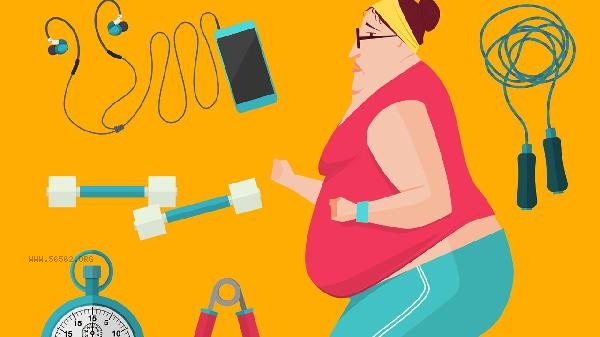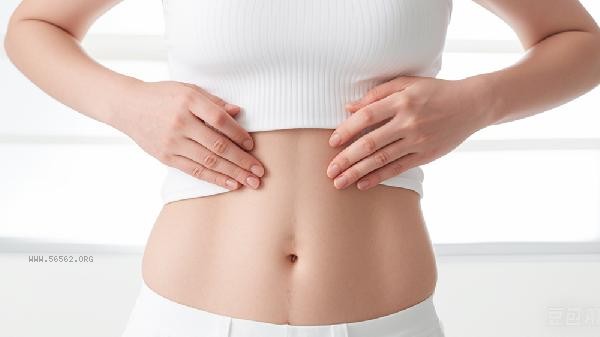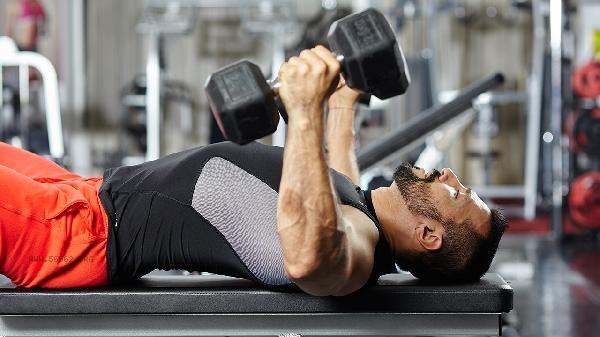Teenagers aged 12-13 should prioritize health and safety when it comes to weight loss, and it is not recommended to pursue rapid leg slimming. Scientific weight loss requires a balanced diet and moderate exercise, avoiding excessive dieting or single part weight loss.

1. Dietary adjustments
Ensure daily intake of high-quality protein, such as eggs, fish, and soy products, which help maintain muscle mass. Reduce refined sugar and fried foods, and increase the proportion of vegetables, fruits, and whole grains. Breakfast can be paired with oat milk, lunch with brown rice and steamed chicken breast, and dinner with vegetable salad and a small amount of staple food. Pay attention to avoiding complete withdrawal of carbohydrates to avoid affecting growth and development.
2. Aerobic exercise
Choose exercises that exert less pressure on the knee joint, such as swimming, cycling, or elliptical machine training, 3-4 times a week for 30-40 minutes each time. Swimming can coordinate the whole body and exert force, especially helping to shape the leg lines. Warm up and stretch thoroughly before and after exercise to prevent sports injuries.
3. Strength training
Conduct self weight training such as wall squatting, lunge squatting, etc. 2-3 times a week for 15-20 minutes each time. These movements can specifically strengthen the thigh and hip muscles, making the leg lines tighter. The training intensity should be such that there is no obvious muscle soreness the next day, and the use of weight-bearing equipment should be avoided.

4. Daily activities
increase non exercise calorie expenditure, such as walking to school or climbing stairs instead of elevators. During breaks, simple heel lifting exercises or leg stretching can be performed to avoid prolonged sitting. Ensure a basic activity level of 6000-8000 steps per day to help promote blood circulation in the lower limbs.
5. Lifestyle habits
Ensure 8-9 hours of sleep per day, with the peak secretion of growth hormone occurring during deep sleep. Control screen time and avoid staying up late. Drink 1500-2000 milliliters of water per day and reduce intake of sugary drinks. Maintaining a regular daily routine helps regulate metabolism. Adolescent weight loss requires parental supervision throughout the entire process and regular monitoring of changes in height and weight. It is not recommended to use any weight loss drugs or extreme dieting methods, as they may affect growth, development, and menstrual cycles. Can record diet and exercise diary, with a monthly weight loss of no more than 5% of body weight. If discomfort symptoms such as dizziness and fatigue occur, immediately stop the weight loss plan and consult a professional physician. Establishing long-term healthy lifestyle habits is more important than short-term weight loss.










Comments (0)
Leave a Comment
No comments yet
Be the first to share your thoughts!